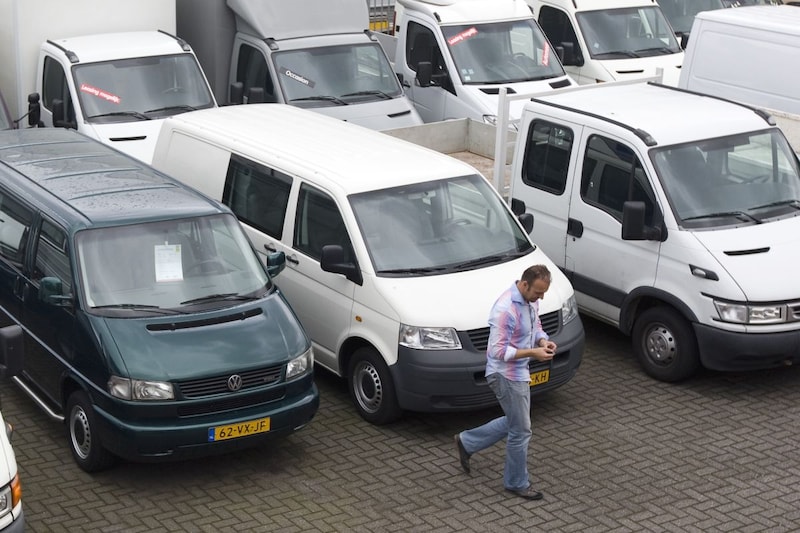‘Arrange national exceptions for entrepreneurs’

The new cabinet will investigate whether and how the establishment of the so-called zero-emission zones can be postponed. This is stated in the Main Line Agreement that the PVV, VVD, NSC and BBB have agreed on.
The Outline Agreement outlines the plans of the new cabinet in broad terms. These include matters that relate to the motorist. For example, we have already written about the increase in the maximum speed on highways to 130 km/h and the complete abolition of subsidy schemes to boost the sale of new and used electric cars. But there’s more. The government says it wants to see whether and how the establishment of zero-emission zones can be postponed.
As the plans are still on the table, as of January 1, 2025, municipalities may designate an urban area in which vans or trucks that emit particulate matter or CO2 are no longer allowed to enter. In other words: only electric vans and trucks – or ones with a fuel cell – are still allowed to enter these parts of the city. This goes a step further than the already known environmental zones. Why does the government want to investigate whether and how the introduction of zero-emission zones can be postponed? Among other things, to be able to arrange ‘exceptions for, for example, entrepreneurs nationally’, as stated in the Outline Agreement. The government does indicate that the establishment and therefore the designation of zero-emission zones remains a municipal decision. So there seems to be hope for entrepreneurs who – for whatever reason – do not have an electric company car but need to be in the zero-emission zones.
Important: according to the already known plans, not all non-electric commercial vehicles will immediately be banned from zero-emission zones as of 2025. A transition period has been devised for vans with emission class 5 or 6. However, on January 1 this year, 228,000 vans were also registered with a Euro emission class of 4 or lower. They would not be allowed to enter the zero-emission zones as of 2025 if they were not 40 years or older or were not wheelchair accessible.
– Thanks for information from Autoweek.nl